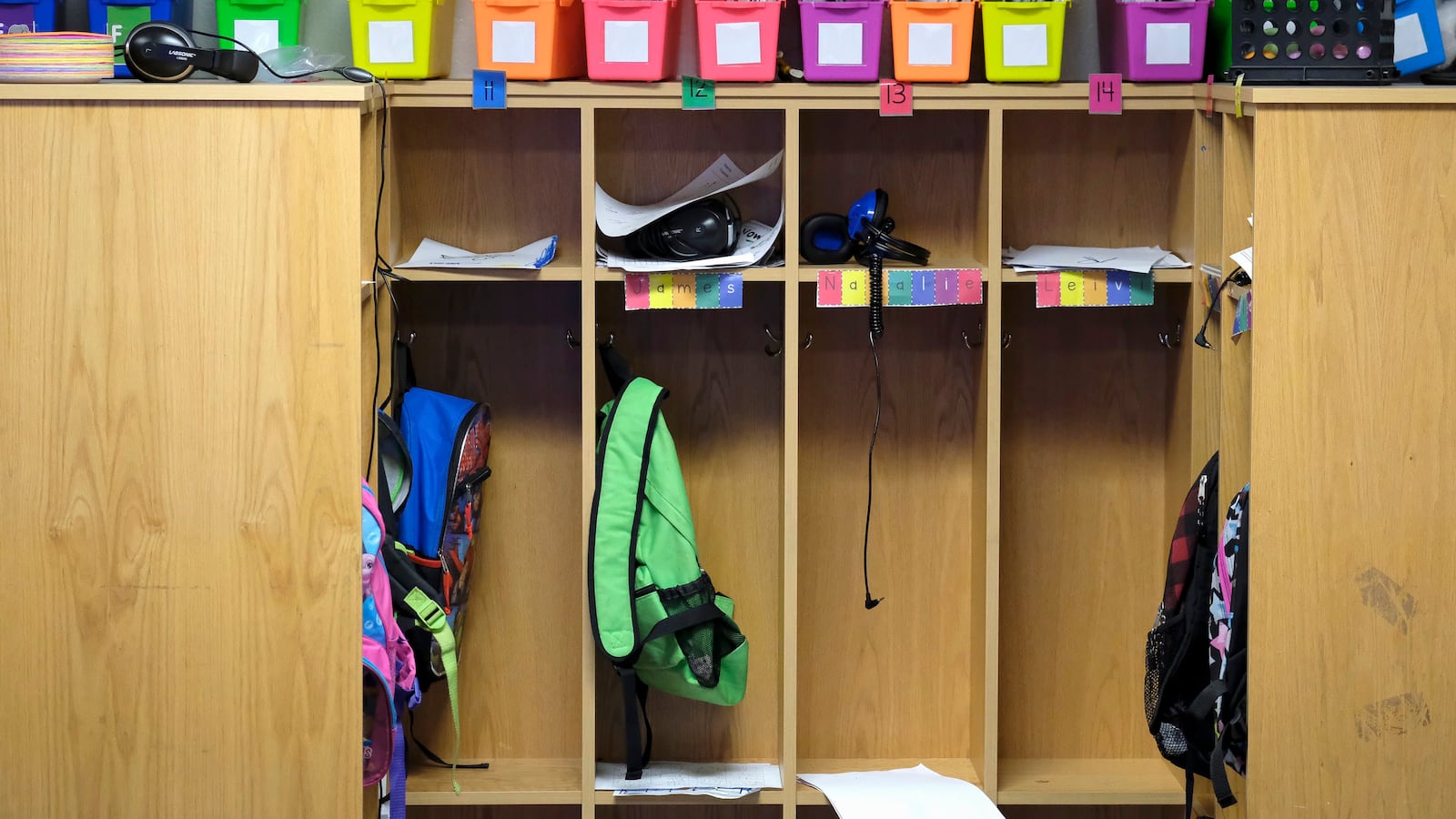A prominent group of education leaders wants the legislature to immediately allocate extra funding to schools with a higher percentage of poor students. It’s the first step in what the group says will be a comprehensive plan to reshape how Michigan pays for education.
The first set of recommendations from Launch Michigan, a nonpartisan lobbying group, calls for a system that “funds children based on their needs,” echoing the language of experts and politicians who have advocated an overhaul of the state’s 25-year-old method of funding schools that mostly doesn’t consider the needs of students, regardless of the challenges they face.
The group recommends that the state immediately create an equity fund that would support literacy instruction in districts with more students who live in poverty or attend geographically isolated schools.
The group’s eventual goal for the state: to reach the funding benchmarks set by the Michigan Finance Research Collaborative, a group of experts that proposed a sweeping overhaul last year to the funding system that could require a $3.6 billion investment.
As Launch Michigan begins work on transforming its ideas into more specific policy proposals, key questions are still unanswered.
“Where is the money coming from?” asked Craig Thiel, research director for the Citizens Research Council of Michigan, a nonpartisan think tank.
The report acknowledges the need for additional school funding but doesn’t specify how that problem should be resolved. It comes in the wake of a fractious budget fight centered on whether the state should raise taxes to pay for education or road repairs. Gov. Gretchen Whitmer’s budget proposal would have made changes to the education budget that jibe with the Launch Michigan recommendations, but it was shot down by the Republican-controlled legislature.
Raising money for schools for next year’s budget could be equally difficult. The state still hasn’t figured out how to pay for badly needed road renovations, which is one of Whitmer’s top priorities.
“The equity fund is a fine idea; however, it is going to need funding, and we have already seen that the state legislature is unwilling to increase funding for schools in any meaningful way,” Michelle Miller-Adams, a senior researcher at the W.E. Upjohn Institute, wrote in an email.
Launch Michigan also calls for a number of changes to the state’s education policy, including:
- An expanded school accountability system with escalating interventions for chronically failing schools.
- A single school rating system that reconciles the existing school rankings with A-F letter grades approved by the legislature last year.
- Additional higher-quality teacher training on literacy instruction.
Supporters of Launch Michigan hope that it is a broad enough coalition to convince legislators to give school policy a second look. The group’s 20 members include leaders from teachers’ unions, education groups, and business associations.
The recommendations are based in part on a survey of 17,000 teachers.
This is not the first group of policy heavyweights to push for changes to Michigan’s school system, which has faced stagnant funding and test scores for two decades. Numerous reports — 800 pages’ worth — have come to similar conclusions in recent years, arguing that the state needs to change its approach to school funding.
Chris Wigent, president of the Michigan Association of Superintendents and Administrators and a member of Launch Michigan, is eager to push forward.
He joined the group because “number one, it’s to fundamentally change the way we fund schools,” he said.
Scroll down to read the full report.

